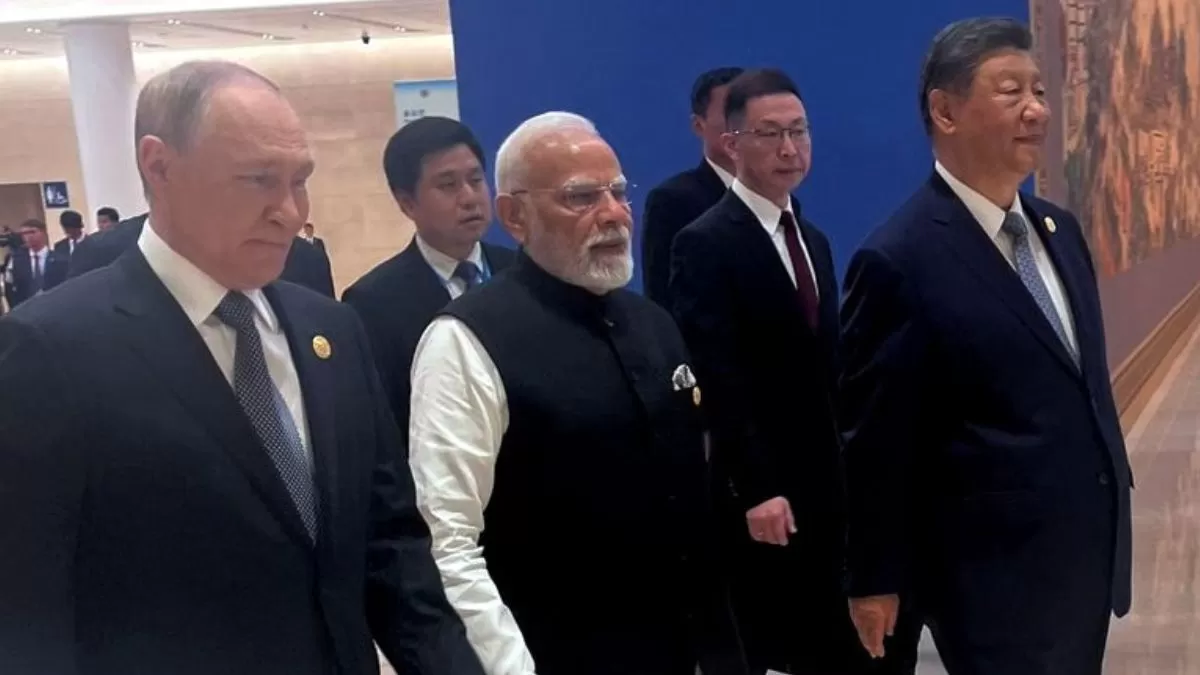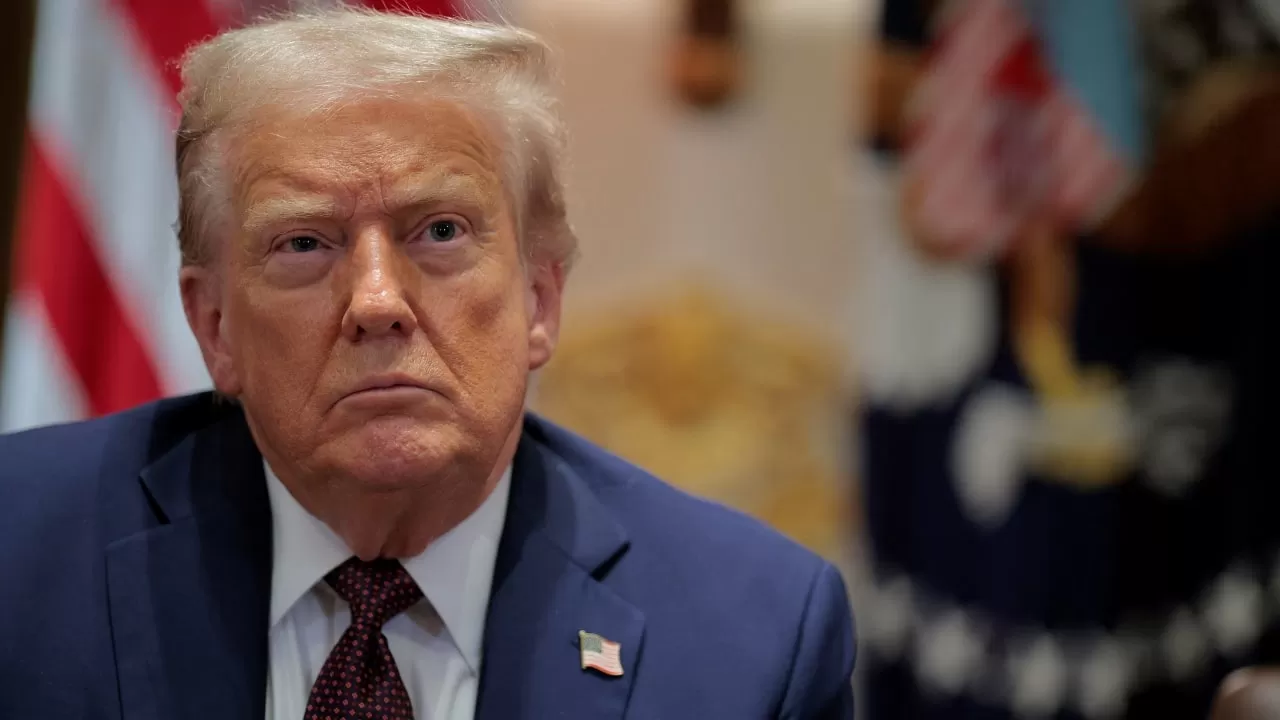Trump's Frustration: Why EU's Russian Oil Purchases Still Fund Putin's War
Share- Nishadil
- September 06, 2025
- 0 Comments
- 2 minutes read
- 60 Views

Trump Expresses Disappointment Over EU Nations Funding Putin Through Russian Oil Purchases
Former U.S. President Donald Trump has publicly expressed his dismay that some European Union countries persist in buying Russian oil, contending that these purchases directly contribute to funding Vladimir Putin's ongoing military actions in Ukraine.
Former U.S. President Donald Trump has voiced profound disappointment regarding the continued purchase of Russian oil by several European Union nations, arguing that these transactions directly funnel funds into Vladimir Putin's war chest, enabling his aggression against Ukraine. His candid remarks were made during a meeting with Hungarian Prime Minister Viktor Orban, a leader known for his complex relationship with the EU and often seen as sympathetic to Moscow.
Trump's criticism spotlights a persistent fissure within the European bloc, where economic realities often clash with geopolitical imperatives.
Despite widespread condemnation of Russia's invasion and a raft of sanctions imposed by the West, some EU member states remain heavily reliant on Russian energy, creating a challenging dilemma. The former President highlighted the direct link between these energy purchases and Russia's ability to finance its military operations, suggesting that such commerce inadvertently prolongs the devastating conflict.
The meeting with Orban, a figure who has maintained relatively cordial relations with both Trump and Putin, provided a potent backdrop for these discussions.
Orban's Hungary has historically been one of the more vocal proponents within the EU for a less confrontational approach towards Russia, often citing national energy security concerns as a primary driver. Trump's comments, therefore, resonate within an existing debate about the efficacy and consequences of various sanctions regimes.
Echoing Trump's sentiment, Ukrainian President Volodymyr Zelenskyy has consistently and passionately appealed to international allies to completely halt all purchases of Russian energy.
Zelenskyy and his government view these financial lifelines as critical to sustaining the Kremlin's war machine, and have repeatedly called for a unified, uncompromising front to cut off Moscow's revenue streams. The disparity between these urgent pleas and the ongoing energy trade underscores the intricate web of economic dependencies and political considerations at play.
As the conflict in Ukraine grinds on, the debate over Russian energy continues to be a central point of contention in international diplomacy.
Trump's recent comments serve as a sharp reminder that despite concerted efforts to isolate Russia, the economic arteries that feed its war efforts have not been fully severed, leaving many observers, including key political figures, deeply frustrated by the perceived inconsistencies in the Western response.
.Disclaimer: This article was generated in part using artificial intelligence and may contain errors or omissions. The content is provided for informational purposes only and does not constitute professional advice. We makes no representations or warranties regarding its accuracy, completeness, or reliability. Readers are advised to verify the information independently before relying on







